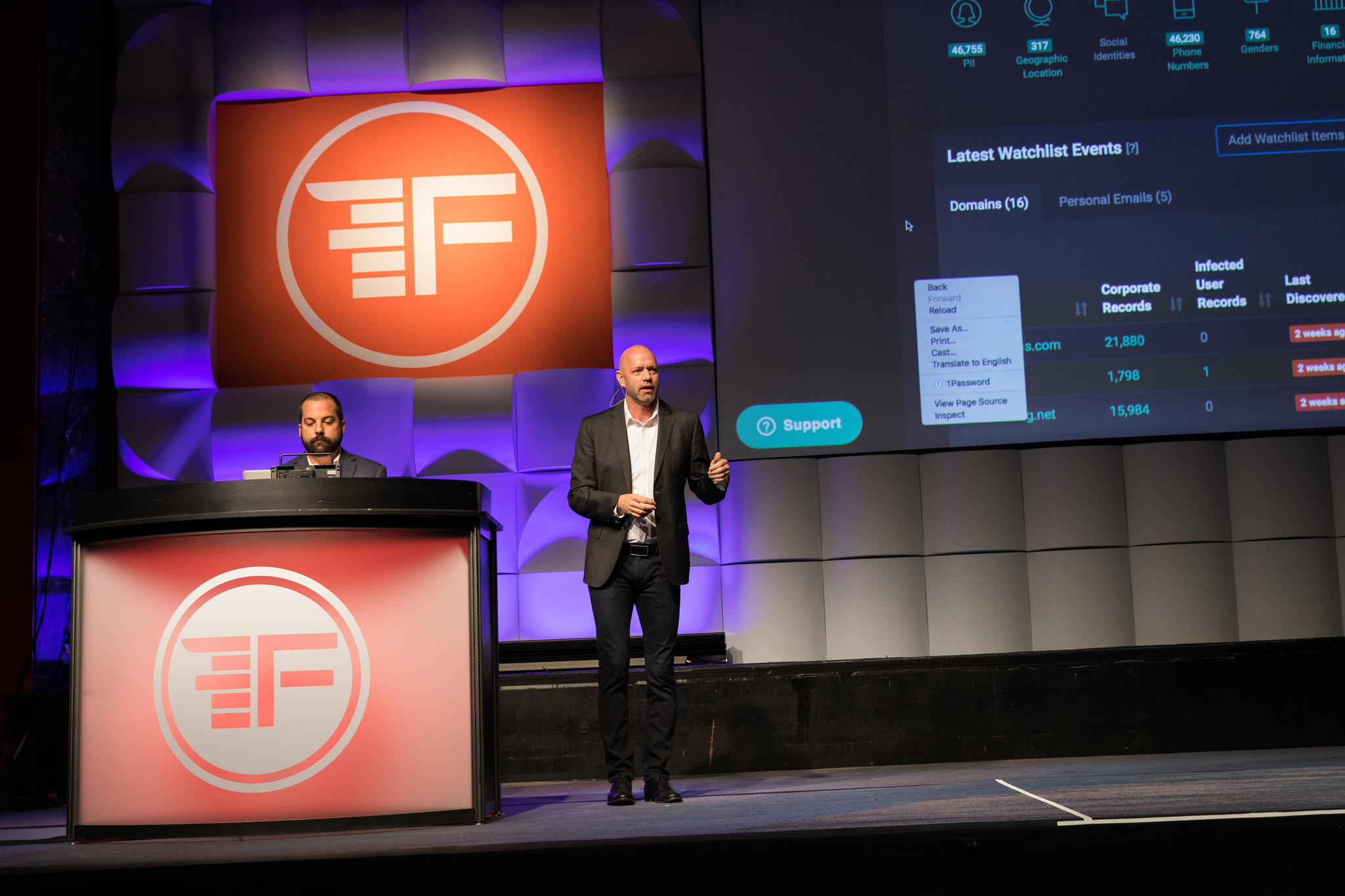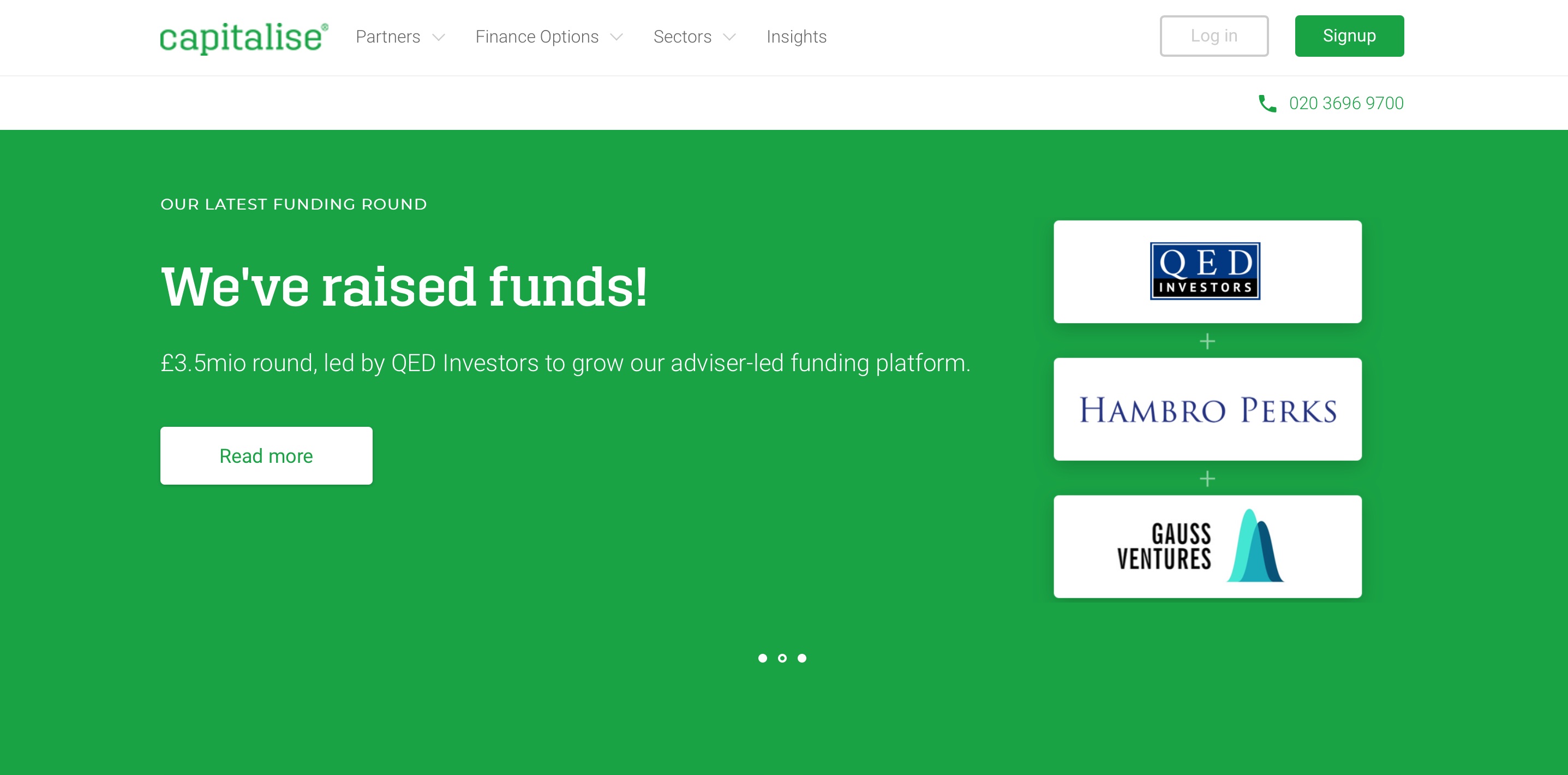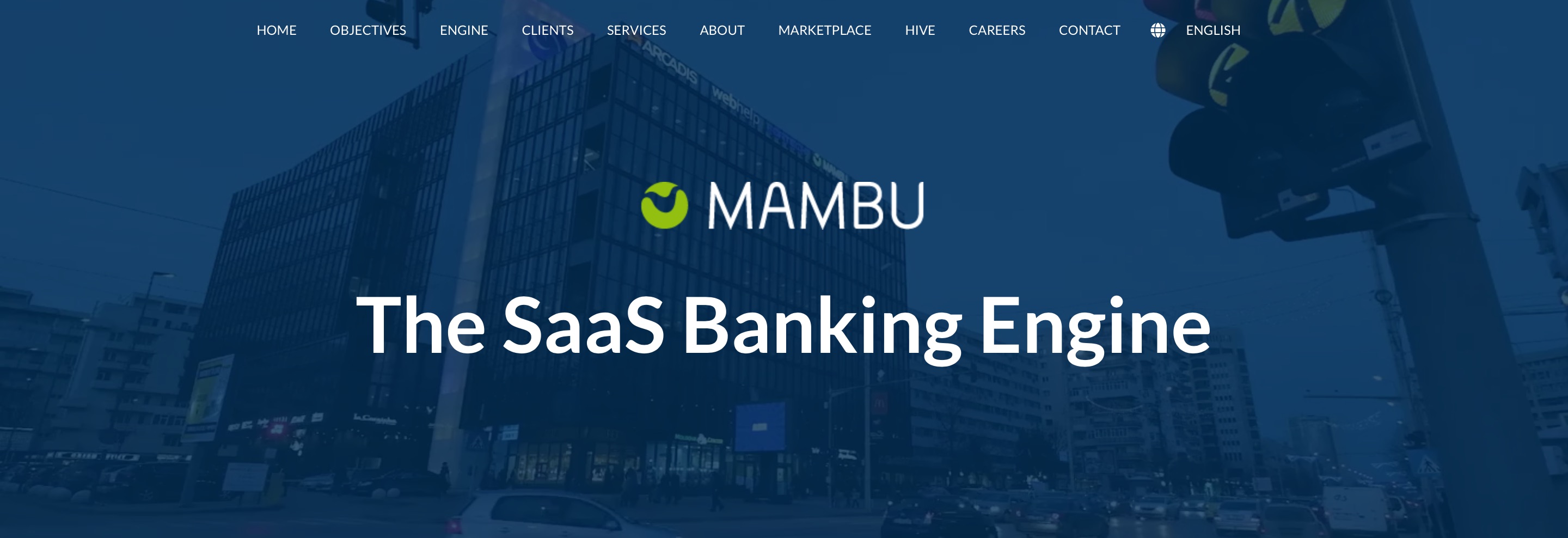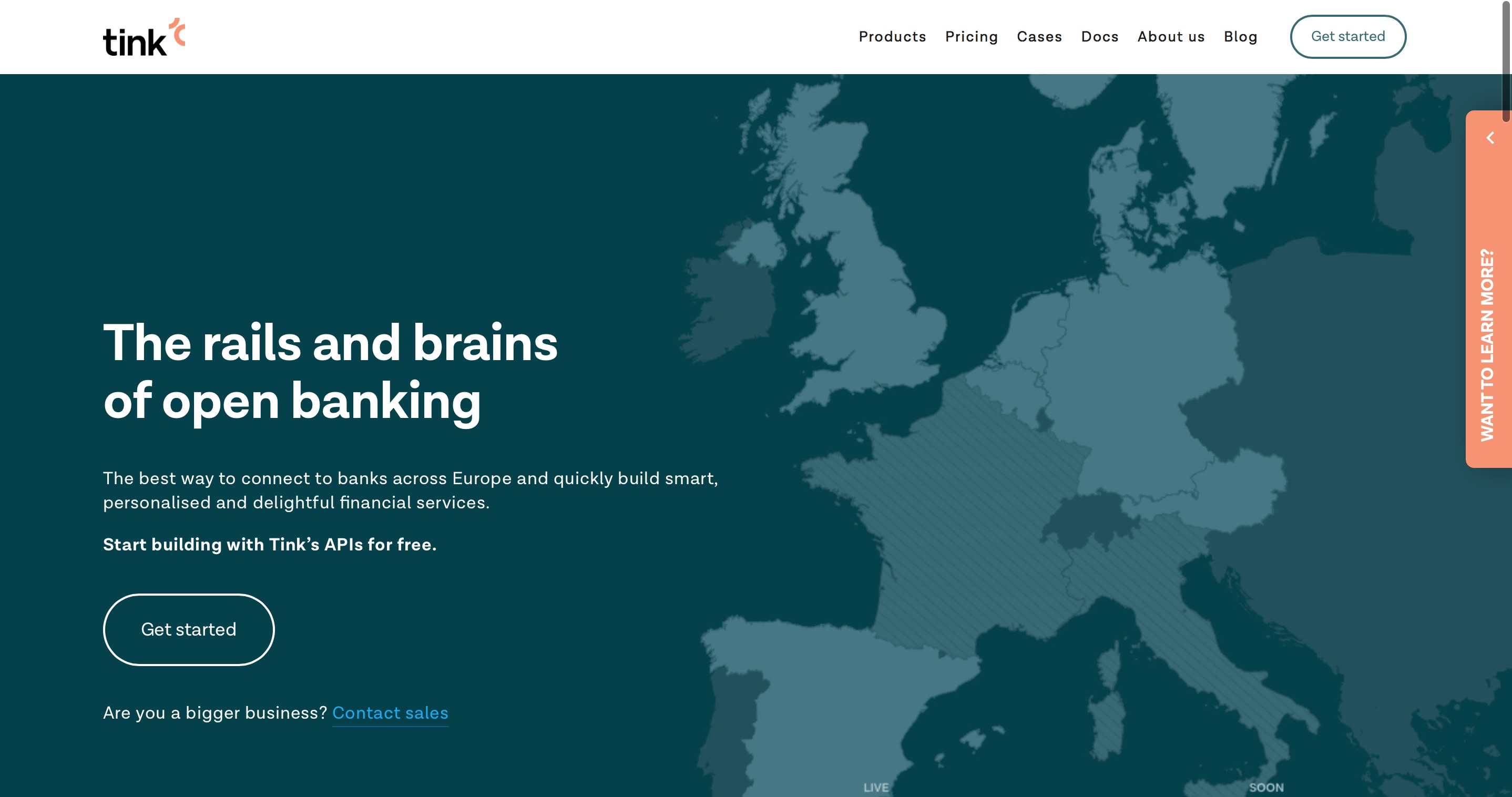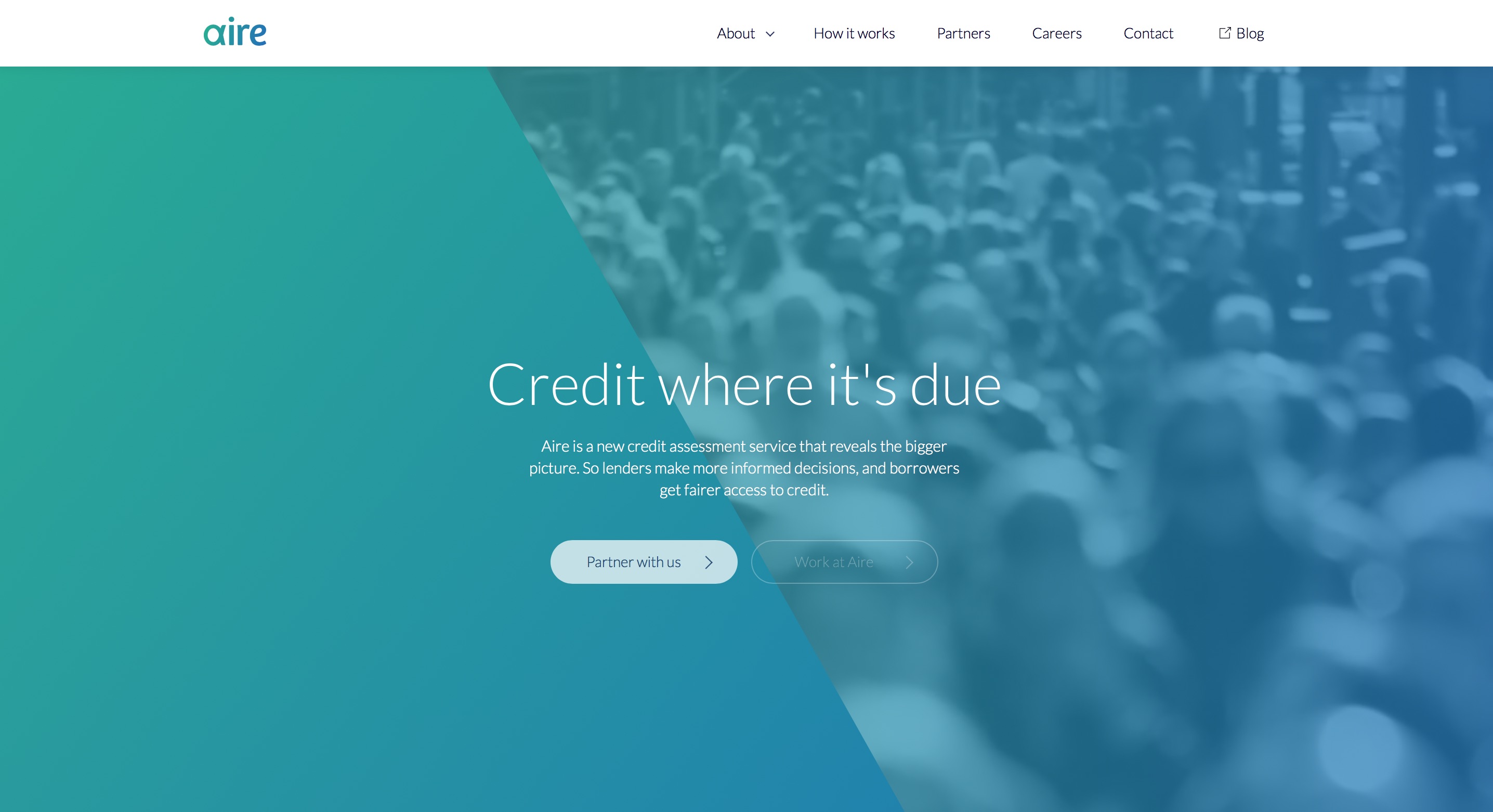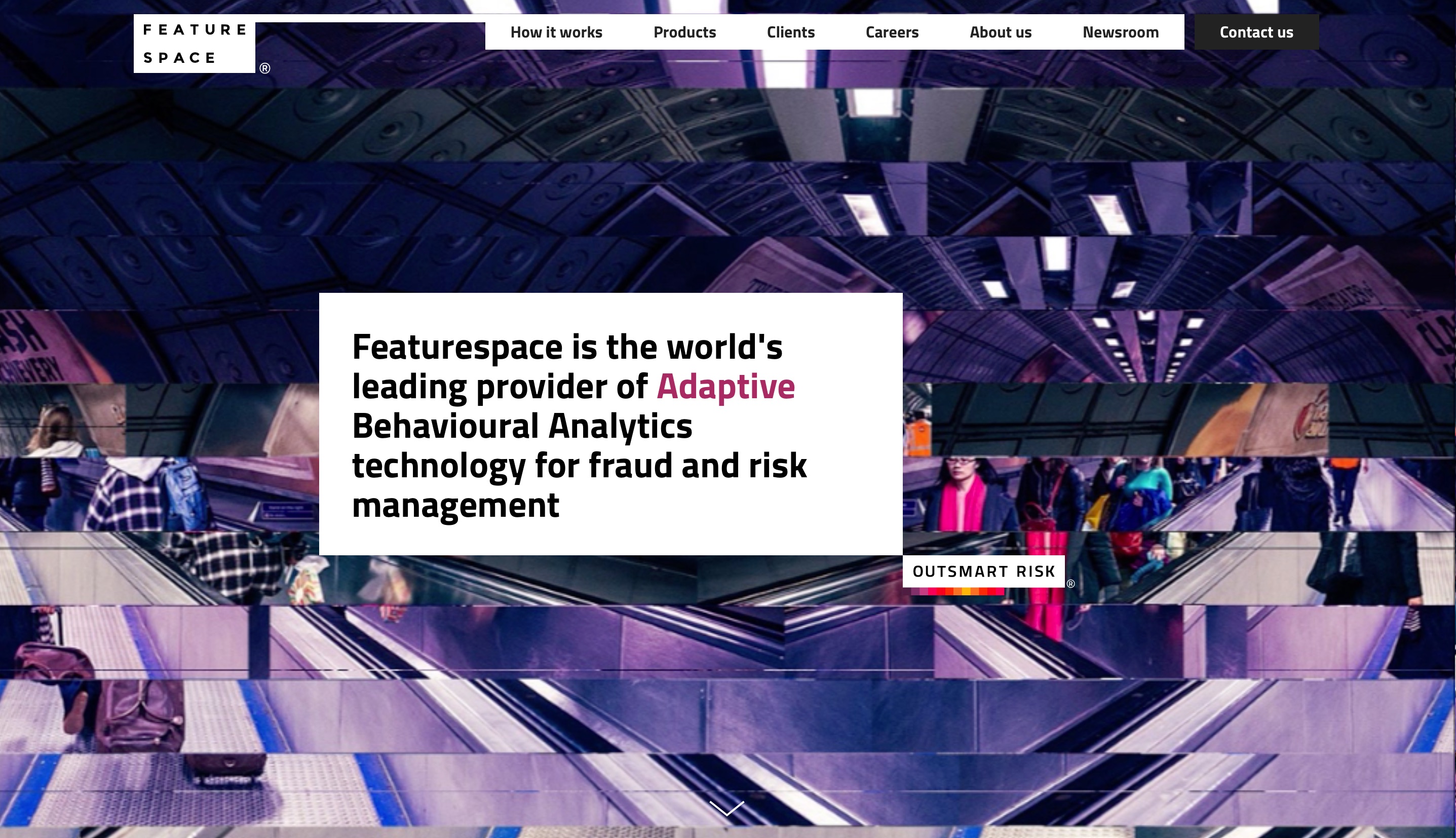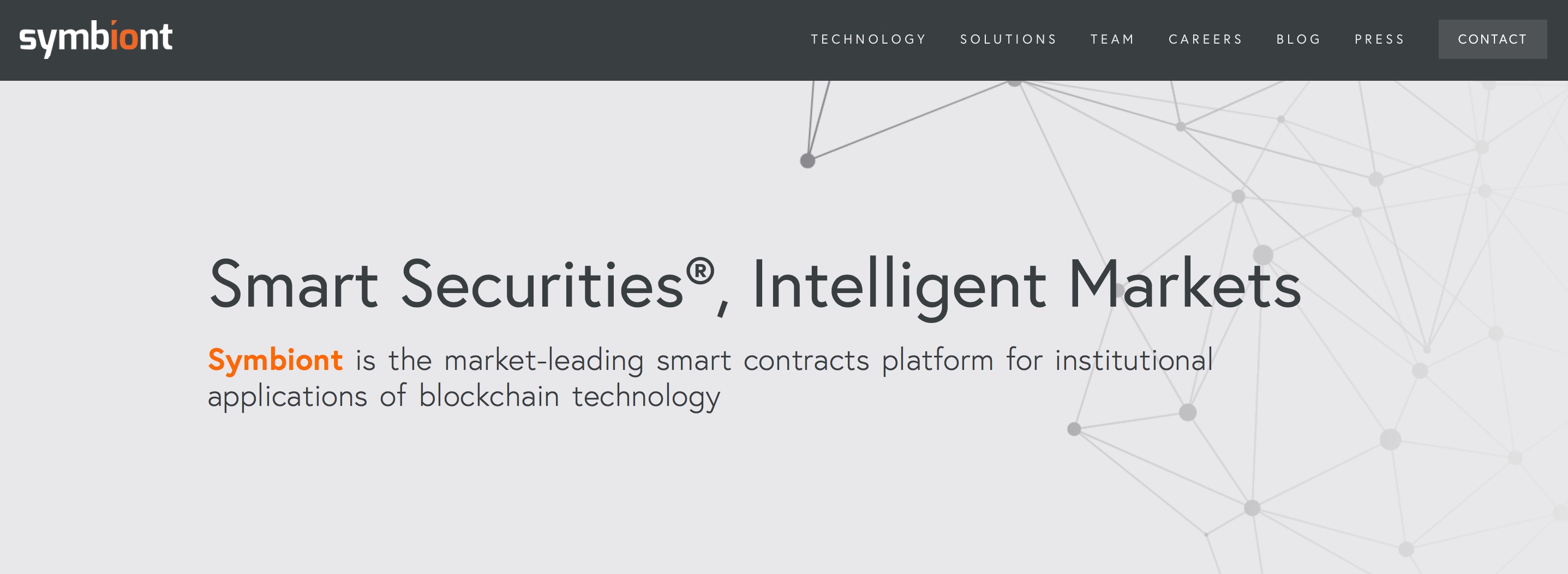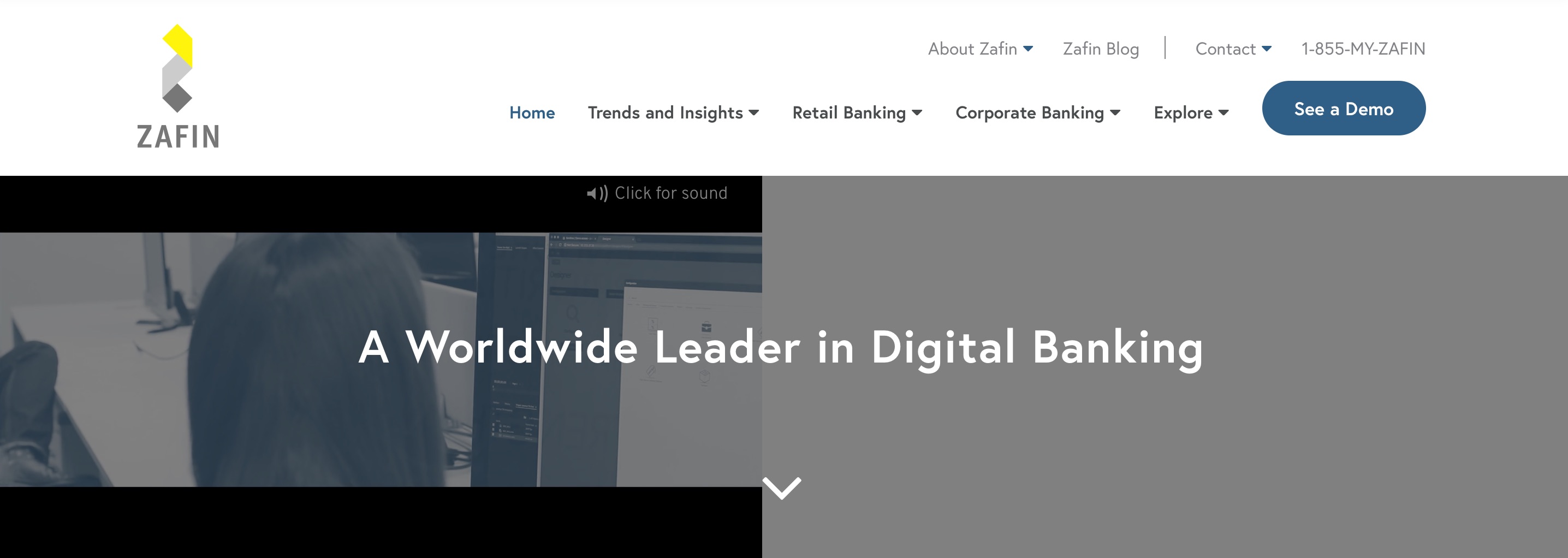Account takeover (ATO) prevention specialist SpyCloud has raised $21 million in funding in a round led by Microsoft’s venture fund, M12. And if there’s one phrase to describe how the company plans to spend the new capital, it’s “we’re hiring.”
SpyCloud announced in a blog post accompanying the funding announcement that it will be adding to its current security research, development, and sales and marketing teams. The Austin, Texas-based company also said it plans to expand to new markets around the globe.
“We are excited and optimistic about what this new round of funding will do for SpyCloud and the world at large,” the post read. “With this money, we are more confident than ever that as criminals scale their methods to collect and weaponize compromised passwords, SpyCloud will be able to go toe-to-toe with even the most sophisticated of them.”
Existing investors Silverton Partners and March Capital Partners also participated in the Series B round, which boosts SpyCloud’s total capital to more than $28 million.
Left to right: SpyCloud Chris LaConte (Head of Business Development) and Tedd Ross (CEO and co-founder) demonstrating the company’s Exposed Credential Monitoring and Alert Service at FinovateFall 2017.
SpyCloud differentiates its cybersecurity offering in a number of ways, such as featuring human experts at the center of its account takeover prevention capabilities rather than relying on an automated solution. The company deploys what it calls “multi-tiered, underground intelligence gathering techniques” to provide a critical additional step in finding stolen credentials before they are sold on the underground markets of the dark web.
The company’s 60 billion asset database of exposed credentials and personally identifiable information (PII) is also a major asset. Last year, SpyCloud recovered and analyzed 3.5 billion sets of online credentials from nearly 3,000 data breaches and other sources from the dark web – including 2.6 billion credential sets with a password. Adding to its development team, the company noted, would enable it to both enhance its password cracking capabilities, as well as add to its API integrations and Active Directory Protection for automated Windows domain protection.
“Passwords and their reuse across personal and work accounts are the leading cause of ATO, one of the most imminent threats to businesses of all sizes,” SpyCloud co-founder and CEO Ted Ross said. “As criminals use more complex, scalable methods to collect and weaponize compromised passwords, organizations need to take proactive measures to prevent, detect, and remediate exposures. SpyCloud meets that immediate need.”
Founded in 2016, SpyCloud demonstrated its Exposed Credential Monitoring and Alert Service at FinovateFall 2017 – winning Best of Show. Last spring, the company announced that it was partnering with fellow Finovate alum Credit Karma, just one month after announcing a $5 million Series A round led by Silverton Partners and March Capital Partners.

